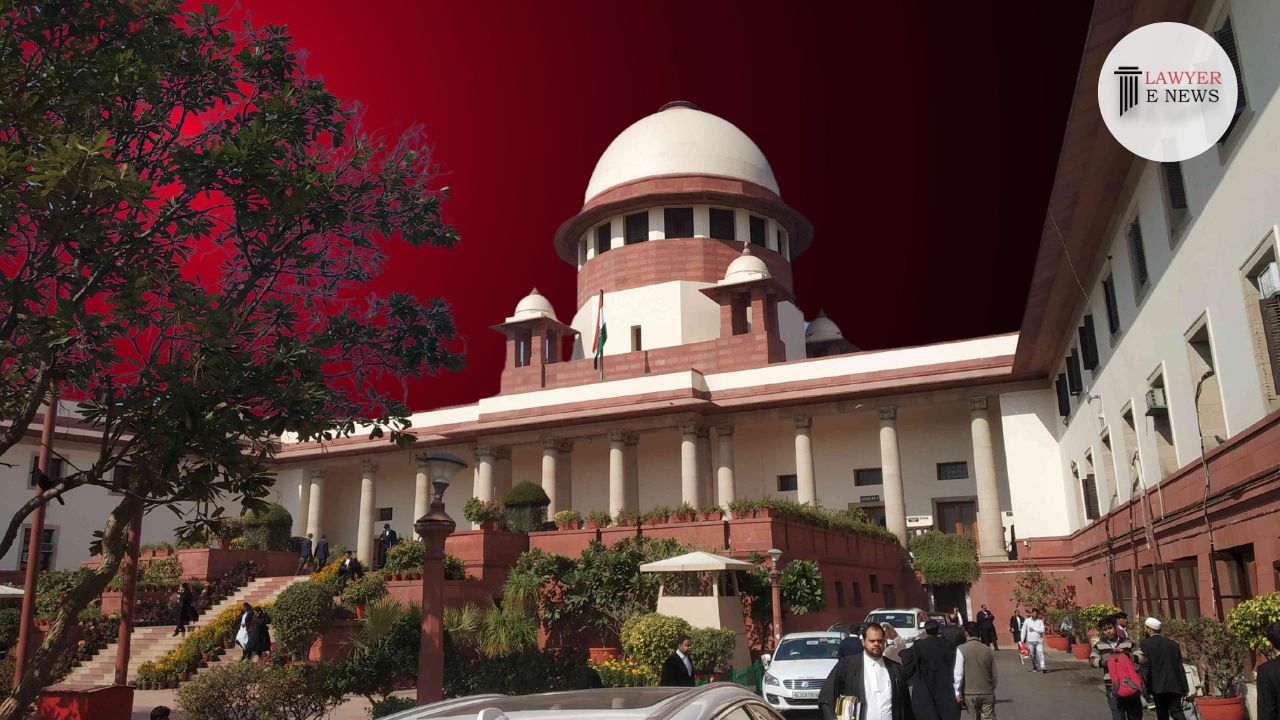-
by Admin
15 February 2026 5:01 PM



The Supreme Court highlighted the importance of corroborative evidence in cases where witness testimonies are the primary basis for conviction.
The Supreme Court in its judgment underscored the necessity of corroborative evidence in criminal proceedings, especially when the primary evidence comprises witness testimonies which are unreliable. This observation was crucial in the acquittal of Kirpal Singh, who had been convicted for murder and attempted murder based on the testimonies of key witnesses deemed unreliable by the apex court.
Kirpal Singh was initially convicted by the trial court and the High Court for the murder of Balwinder Singh and the attempted murder of Sharan Kaur based on the Indian Penal Code, Sections 302 and 307. However, the prosecution’s case hinged on the testimonies of Sharan Kaur (PW-5) and Daljit Singh (PW-6), which were found to have major inconsistencies. The prosecution alleged that jealousy over business competition motivated the murder, but failed to substantiate this claim or provide corroborative evidence.
Witness Credibility: The testimonies of Sharan Kaur and Daljit Singh were critically evaluated, with the court noting discrepancies and contradictions in their accounts, rendering them unreliable.
Motive Analysis: The alleged motive of business rivalry was deemed implausible by the court due to a lack of supportive evidence, weakening the prosecution’s narrative.
Judicial Review of Lower Court Decisions: The Supreme Court criticized the lower courts for not thoroughly assessing the gaps in the prosecution’s story, emphasizing that a conviction cannot solely rely on inconsistent witness statements without supporting evidence.
Importance of Corroborative Evidence: Reiterating legal principles, the court highlighted the necessity of corroborative evidence when primary witness accounts are questionable, stating, “No conviction can stand solely on shaky and uncorroborated witness statements.”
The Supreme Court acquitted Kirpal Singh of all charges, citing significant doubts about the prosecution’s version of events and the unreliability of key witnesses. The court set aside all previous convictions and sentences related to the appellant, and the appeal was allowed.
Date of Decision: 18th April 2024
Kirpal Singh vs. State of Punjab
